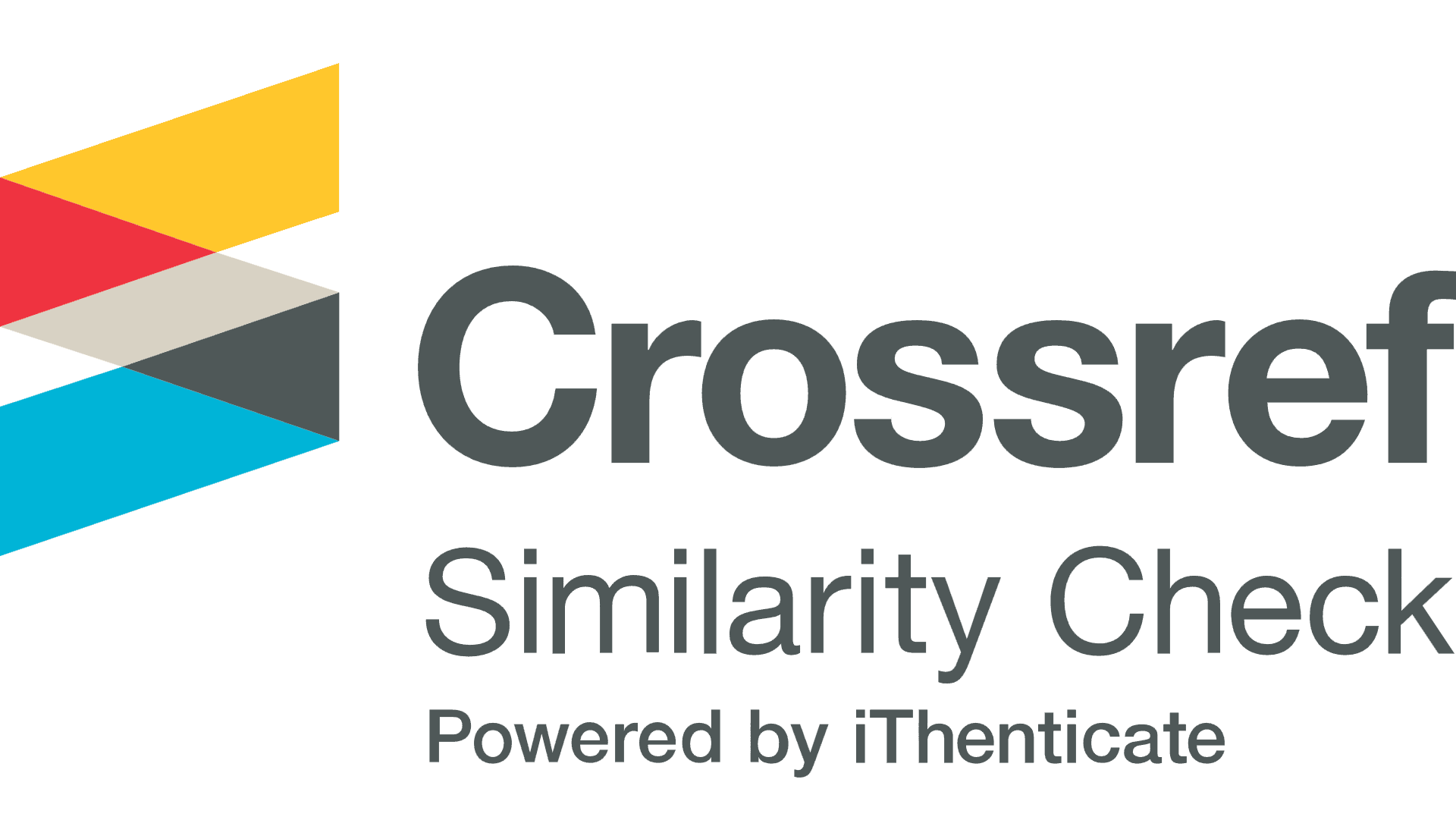Regulation of Platform Work in the EU: A Comparative Analysis of the Draft Directive of 2021 and the Directive (EU) 2024/2831
DOI:
https://doi.org/10.31410/Balkans.JETSS.2025.8.1.49-57Keywords:
Digital economy, Digital labour, Directive, Employment relationship, Algorithmic managementAbstract
This article aims to analyse the normative evolution from the initial proposal of the European Commission in 2021 on the regulation of work on digital platforms to the adoption of Directive (EU) 2024/2831. The 2021 draft was perceived as a step towards formalising the status of platform workers and establishing a legal presumption of the existence of an employment relationship. However, the interinstitutional negotiation process lasted over two years and resulted in significant changes in content and the balance between worker protection and the flexibility required by platforms. The article examines the main differences between the Draft Directive of the EU and the Directive of the EU 2024/2831. These two legal acts focus on provisions related to legal presumption, algorithmic management, transparency, and collective participation. By analysing the reasons that led to the final modifications and their expected impact on labour law at the European level, the paper aims to contribute to the debates about fair and effective labour regulation in the digital economy.
Downloads
Published
How to Cite
Issue
Section
License
Copyright (c) 2025 Inva Kociaj, Eneida Sema

This work is licensed under a Creative Commons Attribution-NonCommercial-NoDerivatives 4.0 International License.



